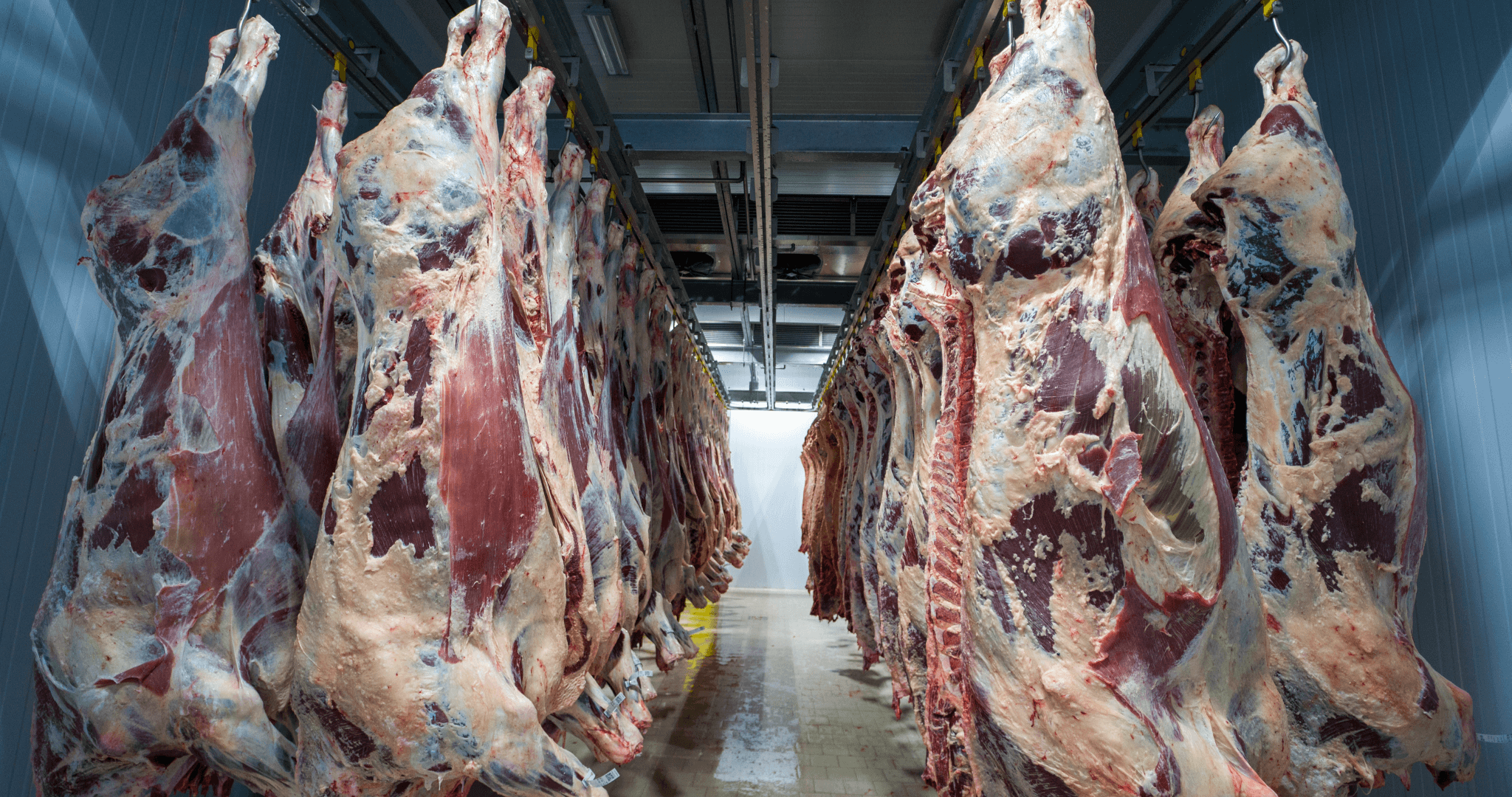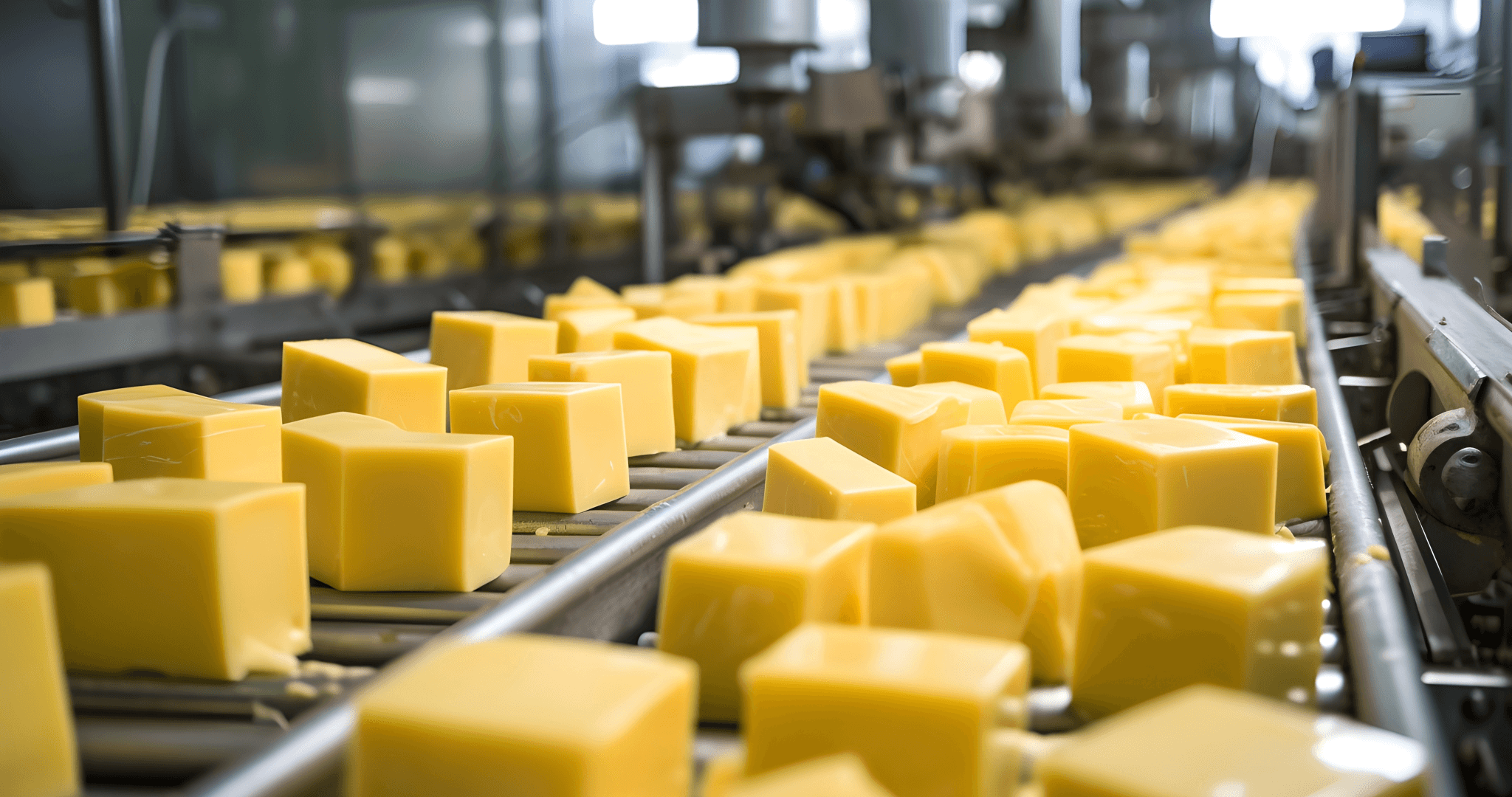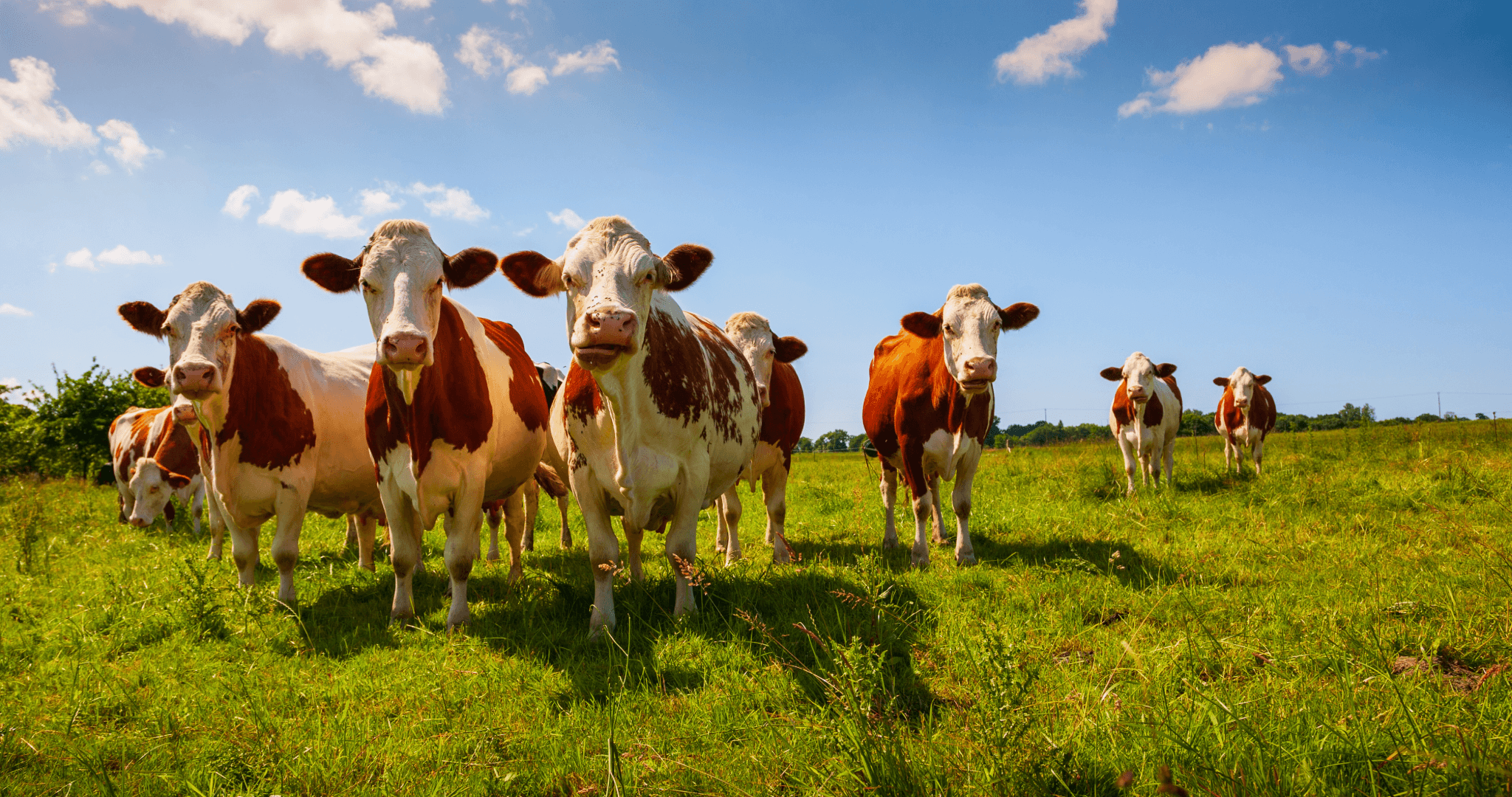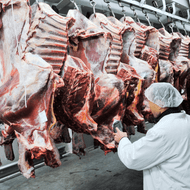The Stalemate in UK-Canada Trade Talks: Hormone-Treated Beef and Cheese Tariffs Fuel Dispute
Posted by Emma on 27th Jan 2024 Reading Time:
In a significant development that has stirred the trading waters, the United Kingdom has paused its trade negotiations with Canada. Central to this deadlock is the contentious issue of hormone-treated beef, a matter that has seen the Canadians insistently urging the UK to relax its stringent standards.

The origins of this dispute trace back to March 2022, with both nations endeavouring to forge a new trade deal. This deal was pivotal for the UK, facilitating tax-free exports of cars and cheese to Canada. However, the landscape shifted at the onset of 2024, with Canada imposing elevated tariffs on British cheese and a similar fate awaiting British car exports from April 2024.
The Guardian highlights the crux of the matter: the UK's firm stance on its agricultural product regulations, particularly concerning hormone-treated beef. This practice is more liberally regulated in Canada. This difference in regulatory approaches has become a persistent stumbling block in the negotiations.
Mary Ng, Canada's Minister of Small Business, Export Promotion and International Trade, expressed her disappointment over the suspension of talks. On 'X', she stated that Canada remains dedicated to securing a deal beneficial for Canadian workers, farmers, and businesses, yet emphasised that they will not compromise on an agreement that falls short of these standards.
The impasse has significant economic implications. In 2020, the total trade between the UK and Canada was valued at £19.2 billion, with the UK's exports to Canada accounting for £11.8 billion. The UK Government's spokeswoman underscored their commitment to negotiating deals that serve the British people, indicating a willingness to reinitiate discussions with Canada for a mutually beneficial agreement.
The situation has also garnered political attention. Canadian Conservative MP Kyle Beesack criticised the Canadian government's approach, suggesting that it weakened Canada's position in the bilateral trade talks. This criticism points towards a broader issue of trade leverage and diplomatic strategy.

The UK's National Farmers' Union (NFU) has backed the government's decision to halt the negotiations. Minette Batters, NFU President, expressed relief, noting the necessity of maintaining a strong stance in light of the liberalised trade deals with Australia and New Zealand, which have already impacted the UK's agricultural sector.
On the other side, the Canadian Cattle Association voiced its frustration, arguing that the UK's stance fails to acknowledge Canada's reputable food safety system. This dispute over standards and practices reflects a broader tension in international trade negotiations, where regulatory divergences often pose significant barriers.

The cheese industry, another critical element of this trade puzzle, also feels the strain. British cheese exports to Canada, which were significant, now face a daunting 245% tariff, casting a shadow over future trade relations in this sector. This tariff imposition has not only affected UK exporters but also Canadian importers and small cheese shops, who fear crippling effects on their businesses.
The suspended UK-Canada trade talks present a complex web of economic, regulatory, and diplomatic challenges. At its heart is a clash over agricultural standards and practices, with significant repercussions for the beef and cheese industries and, by extension, consumers and businesses in both nations. As talks remain on hold, the future of this once flourishing trade relationship hangs in the balance, awaiting a resolution that reconciles these divergent views.

